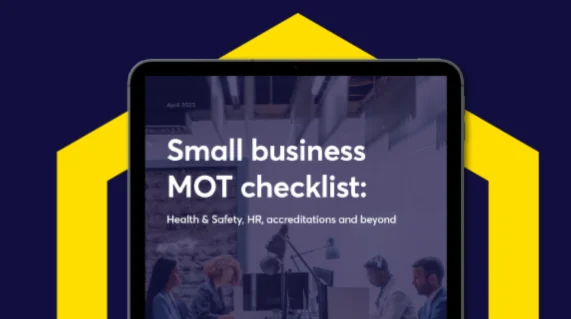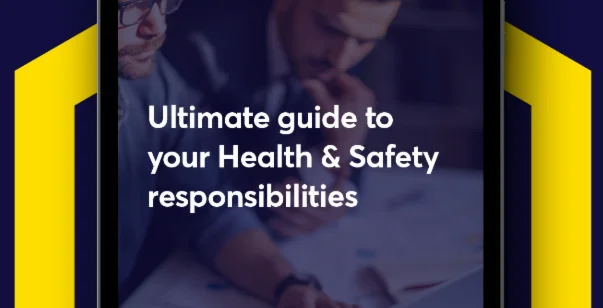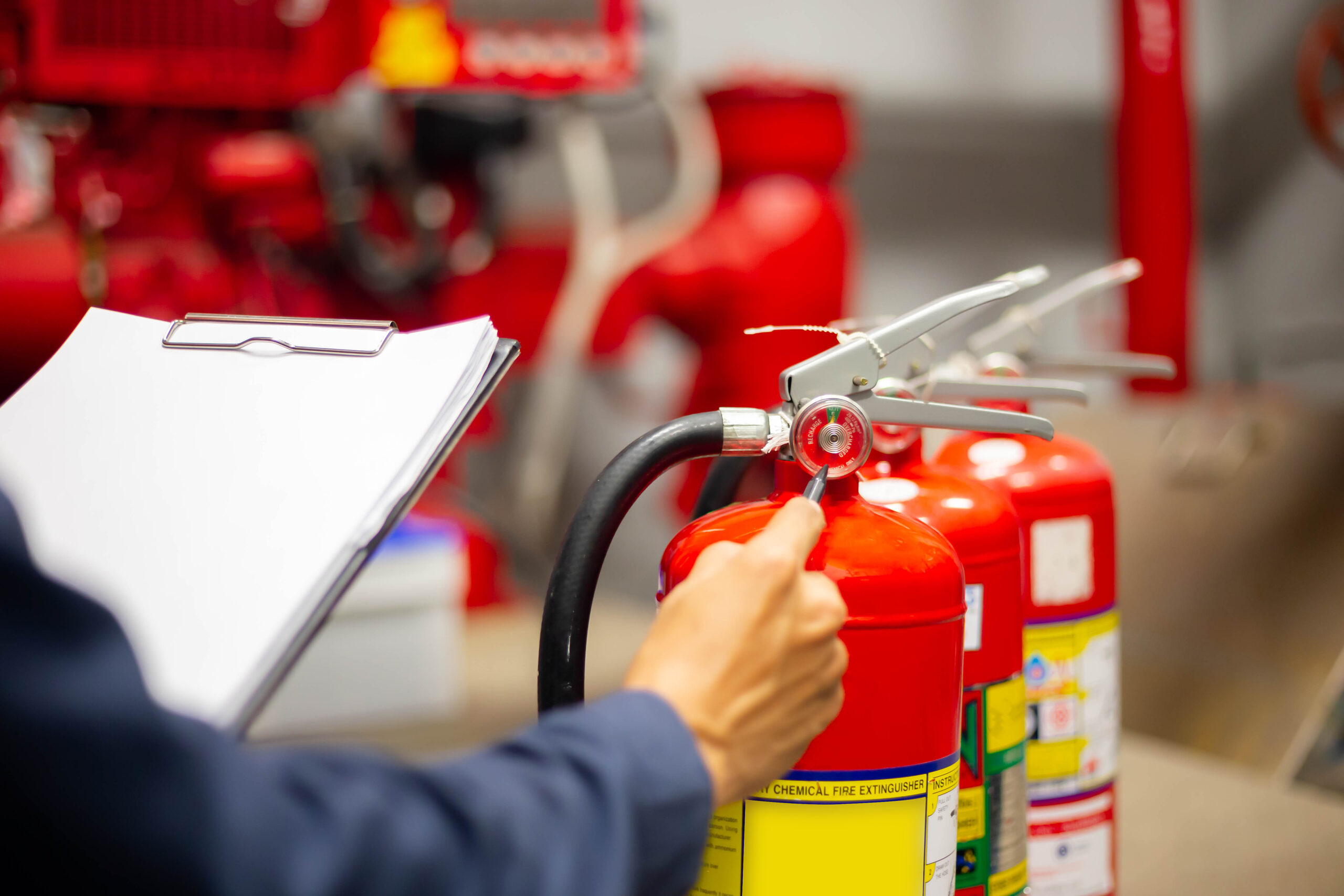Workplace safety during the winter months is challenging for employers – you have to deal with site shutdowns, sickness absences, and an increased risk of workplace accidents and injuries.
Figures from the Health and Safety Executive (HSE) show that there were 142 cases of employee fatalities at work in 2020/21, and 51,211 cases of employees sustaining non-fatal injuries – with a third of this figure caused by slips, trips and falls.
Slips, trips and falls pose even more of a risk in the winter – as do many other Health & Safety hazards. That’s why it’s so important to make sure they’re effectively managed to avoid any serious accidents.
Other hazards to watch out for in winter include:
- Working at height
- Vehicle safety
- Driver safety
- Use of tools and equipment
- Structural and scaffolding damage
- Cold-related illnesses (hypothermia, frostbite, pneumonia, etc.)
What are my legal requirements to protecting employees in winter?
It’s not all doom and gloom – through routine inspections and ongoing management, your employees will not only feel safe at work, but you’ll also be able to prove your business complies with the Management of Health and Safety at Work Regulations 1999 and other relevant Health & Safety standards.
To keep your business on the right side of the law, there are some key measures and precautions you legally need to take so your business can operate safely and successfully.
Update risk assessments and method statements
This is a no brainer if you want to avoid legal action and keep your people as safe as possible at work. It’s important your paperwork is tightknit, especially in the winter. No matter what industry your business falls under, carrying out risk assessments and method statements isn’t optional – which is why our experts have created risk assessment documents and method statement templates for every sector to save you the time and stress of creating your own.
Stay on top of employee training
Whether your employees have been with the business for just a few years or they’ve been with you for over a decade, providing them with refresher training is key to maintaining a safe environment to work in. Your employees need to know how to carry out their job safely, what to do in the event of emergency, and who to contact if they’re unsure about anything.
To make managing your employees’ progress easier and simpler, our First for Learning package offers 60+ accredited courses in one place, as well as ongoing phone support – so you can prove to everyone that employee safety is your priority.
Keep up regular communication
Maintaining good Health & Safety communication is a legal requirement and is crucial to keeping your employees and business safe, particularly in poor weather. As well as updating employees on key business changes that might affect them directly like site alterations or shutdowns for example, it’s important your employees feel comfortable confiding in you and can raise any issues with you if they need to. Keeping up regular communication with your people can also benefit your employee’s mental wellbeing, their productivity, and it can have a positive impact on overall morale – a key factor to retaining employees!
Remind employees of what’s expected from them
Employee responsibilities should be outlined in your people’s contracts and the company handbook but providing reminders about what you expect from your employees can certainly go a long way. One example of emphasising the importance of following company procedures is making sure you carry out the disciplinary process (which should also be outlined in your company handbook) properly if an employee underperforms or puts themselves or their colleagues at risk. This not only reminds employees that there are consequences to their actions, but it also sends a message that you take their safety seriously.
Provide adequate Personal Protective Equipment (PPE)
Your employees may be required to wear PPE all year round, but they might need to step it up in the winter, so they’re protected from any workplace hazards that worsen during the colder months. This could include thick layers of clothing, lined gloves, steel cap boots, and protective eyewear used specifically for treacherous weather.
Best-practice Health & Safety questions to ask yourself
On top of your Health & Safety legal requirements, there are some extra steps that you can take to keep your employees safe during winter.
Consider working from home options
- Are there any roles in the business that can be carried out from home?
- Are your employees trained and willing to work remotely?
- Have you carried out the necessary risk assessments so your employees are safe at home?
Encourage regular or longe breaks
- How long are employee breaks?
- Can you spot the signs of employee burnout or fatigue? If so, how do you manage it?
- Is there a designated break area where employees can switch off from work?
- Do you encourage employees to drink hot drinks on their breaks so they stay warm?
- Do you emphasise the importance of taking regular breaks to your employees?
- Do you provide incentives for taking regular breaks?
Introduce group/buddy work where possible
- Are there roles in your business that could allow employees to work together rather than alone?
- Are all employees trained to spot signs of cold stress or fatigue?
- Have you considered how a ‘buddy up’ way of working can improve mental wellbeing, productivity, and boost employee morale?
- Could you partner a new recruit with a longstanding employee for training purposes
Expect the unexpected
- Do you have a plan of action for every business scenario?
- Do you need to run through it and how often does it need revisiting?
- Do you need to include all your employees in your run-throughs or just the management teams?
- Is everyone aware of their responsibilities should the worst-case scenario happen?
- Does your paperwork reflect your contingency plans?
These are just a handful of questions that you can ask yourself when considering employee safety during the winter.
How HS Direct can support you
We know just how difficult winter can be for your business, but we can help. Our experts pride themselves on supporting over 8,000 clients all year round with their HR and Health & Safety needs.
If you need the backing of an ISO-accredited Health & Safety and HR & Employment Law compliance provider – with over 15 years trading experience – simply call 0114 244 4461 or fill out our call-back form so we can contact you.








